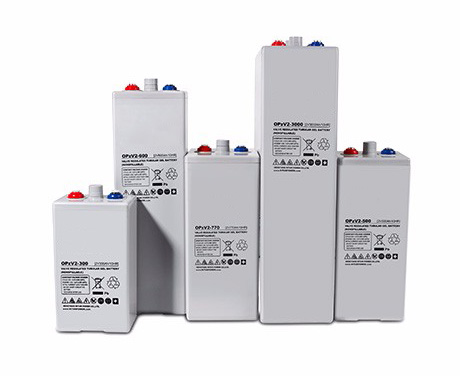One of the standout features of OPzV batteries is their ability to operate in demanding environments. Let’s explore their adaptability to different conditions.
1. High-Temperature Resilience
OPzV batteries can tolerate temperatures as high as 50°C (122°F) for short periods, making them suitable for regions with extreme heat. However, prolonged exposure to high temperatures can shorten their lifespan. Temperature compensation in charging systems is recommended to mitigate this risk.
2. Cold-Climate Operation
Thanks to their gel electrolyte, OPzV batteries are less likely to suffer from freezing compared to flooded batteries. They are suitable for cold climates, but performance may decline if the temperature drops below -20°C (-4°F). Battery heaters or insulated enclosures can help in such cases.
3. Dust and Pollution Resistance
The sealed design of OPzV batteries protects them against dust and pollution, making them ideal for industrial applications or remote installations in harsh environments. Routine cleaning of external surfaces ensures optimal performance.
4. Suitability for Remote Installations
OPzV batteries are maintenance-free and highly durable, making them perfect for off-grid renewable energy systems or telecom towers in isolated regions. Their long service life reduces the need for frequent replacements, minimizing logistical challenges.
In summary, OPzV batteries are versatile and reliable, but understanding and accommodating their environmental tolerances are key to ensuring their longevity.


